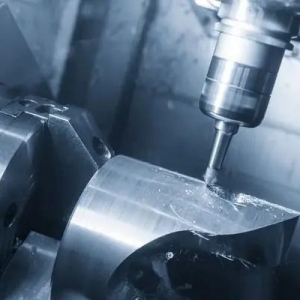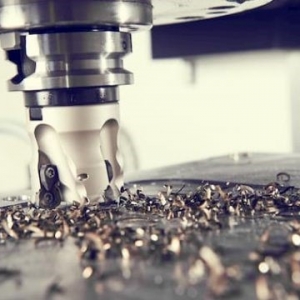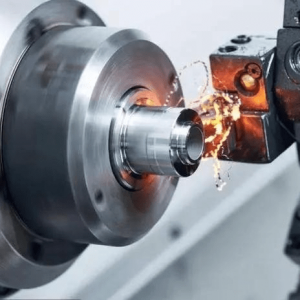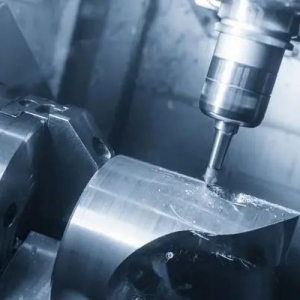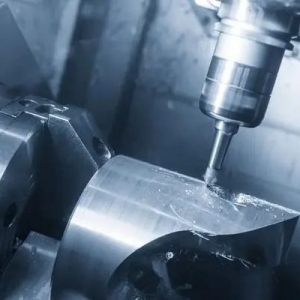The ideal stainless steel for CNC machining will vary depending on the particular application and part specifications. An austenitic stainless steel would be an excellent choice, for instance, if the component needs to have good corrosion resistance. The use of martensitic or duplex stainless steel would be preferable if the component required great strength. The following stainless steel varieties are appropriate for CNC machining:
- Austenitic stainless steels: The most prevalent form of stainless steel is austenitic, and it is also the most machinable. They have a high level of corrosion resistance and are non-magnetic. 303, 304, and 316 stainless steel are a few examples of austenitic stainless steels that are appropriate for CNC machining.
- Free-machining stainless steels: Austenitic stainless steels that have been alloyed with extra elements, such as sulfur and phosphorus, to increase their machinability are known as free-machining stainless steels. 303 and 416 stainless steel are two examples of stainless steel that can be freely machined.
- Martensitic stainless steels: Magnetism, high strength, and hardness are all characteristics of martensitic stainless steels. Despite being harder to work with than austenitic stainless steels, they can nevertheless be toughened with heat treatment. The martensitic stainless steels 410, 416, and 420 are a few examples that can be used for CNC machining.
- Ferritic stainless steels: Ferritic stainless steels are magnetic and have good corrosion resistance. Compared to austenitic stainless steels, they are less expensive but more expensive to process. Ferritic stainless steels that are suitable for CNC machining include stainless steels 430 and 446.
- Duplex stainless steels: Austenitic and ferritic stainless steels are combined to form duplex stainless steels. They are the hardest type of stainless steel to mill yet have exceptional strength and corrosion resistance. 2205 and 2507 duplex stainless steel are a few examples of duplex stainless steel that may be machined using CNC.
Strength, corrosion resistance, and machinability are just a few of the numerous qualities that differ across distinct varieties of stainless steel. It's crucial to pick a stainless steel variety that can be machined effectively and is suitable for the application. If the incorrect type of stainless steel is utilized, machining may be challenging or impossible, and the component may not fulfill your needs. This can result in significant delays and rework. High-quality parts can be made from a range of materials using CNC machining. However, it's crucial to pick a material that can be worked using CNC technology. Your parts can be machined to the highest standards by using the proper stainless steel type.


